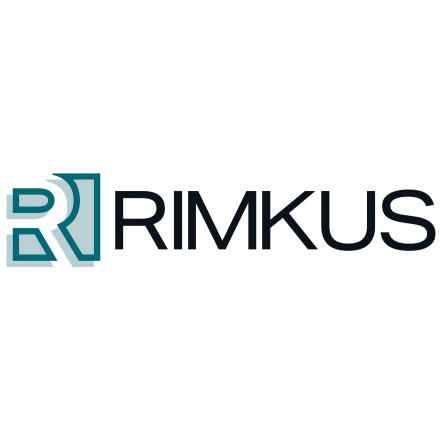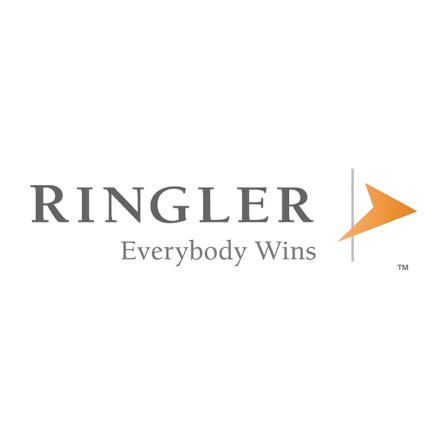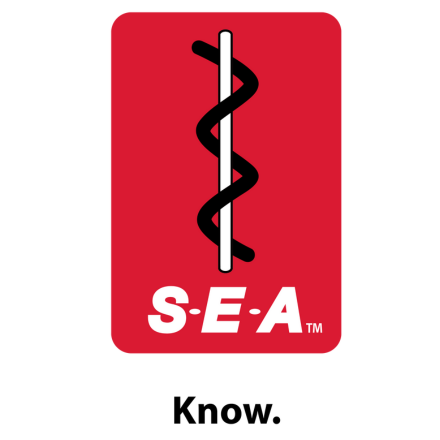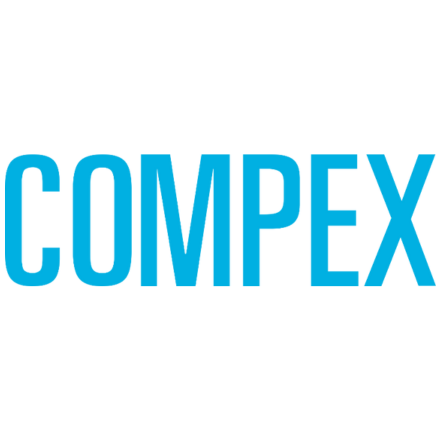Uninsured and Underinsured Motorist Coverage in New JerseySource: Zarwin, Baum, DeVito, Kaplan Schaer Toddy, PC On January 10, 2022, New Jersey lawmakers agreed to proposed litigation exposing insurers to potential bad faith lawsuits where an unreasonable delay or denial of payment on uninsured or underinsured motorist benefits is determined to have taken place. S.B. 1559, known as the New Jersey Insurance Fair Conduct Act, was then signed by Governor Phil Murphy, and the statute went into effect on Tuesday, January 18. Notably, the new law allows litigants successful in proving a claim under this statute to recover extra-contractual damages, up to three times the limit of their policy, as well as attorney’s fees.
As is common with newly enacted statutes, there is some question as to how the law will be applied. The law enables those entitled to uninsured (UM) or underinsured (UIM) coverage to file suit against an insurer who has:
An individual who brings suit against an insurance carrier, pursuant to this act, shall not be required to prove the insurance company’s actions were of such a frequency as to indicate a general business practice.
If the claimant establishes a violation of this new Act, they are entitled to:
It is important to note the new statute is limited to UM and UIM coverage, and not to other coverages provided by the insurer. Where, as is the case here, a statute contains such seemingly subjective standards as “unreasonable behavior,” the question will frequently arise how exactly an insurance company may properly act without triggering exposure. Aside from the specific examples identified above, there will, unfortunately, be little actual guidance until the statute is implicated in future litigation.
One final note on the breadth of applicability of the new statute. “Insurers” under the new law is defined to include “any individual, corporation, association, partnership or other legal entity which issues, executes, renews or delivers an insurance policy in this State, or which is responsible for determining claims made under the policy.” The clear implication based on the plain language of the statute is the newly created statutory bad faith liability could potentially attach to individual claims adjusters. Whether this is simply a poorly worded statute or the legislature’s intention was to actually hold individual adjusters personally liable is not yet clear.
Please contact Matthew Kessler ([email protected]) or Philip Odett ([email protected]) with any questions on the new statute or any aspect of New Jersey automobile coverage or litigation.
[1] Section 4 of the referenced statute (known as the New Jersey Unfair Claims Settlement Practices Act) lays out 15 prohibited actions; violation of these provisions is one of the bases for recovery under the New Jersey Insurance Fair Conduct Act.
|













